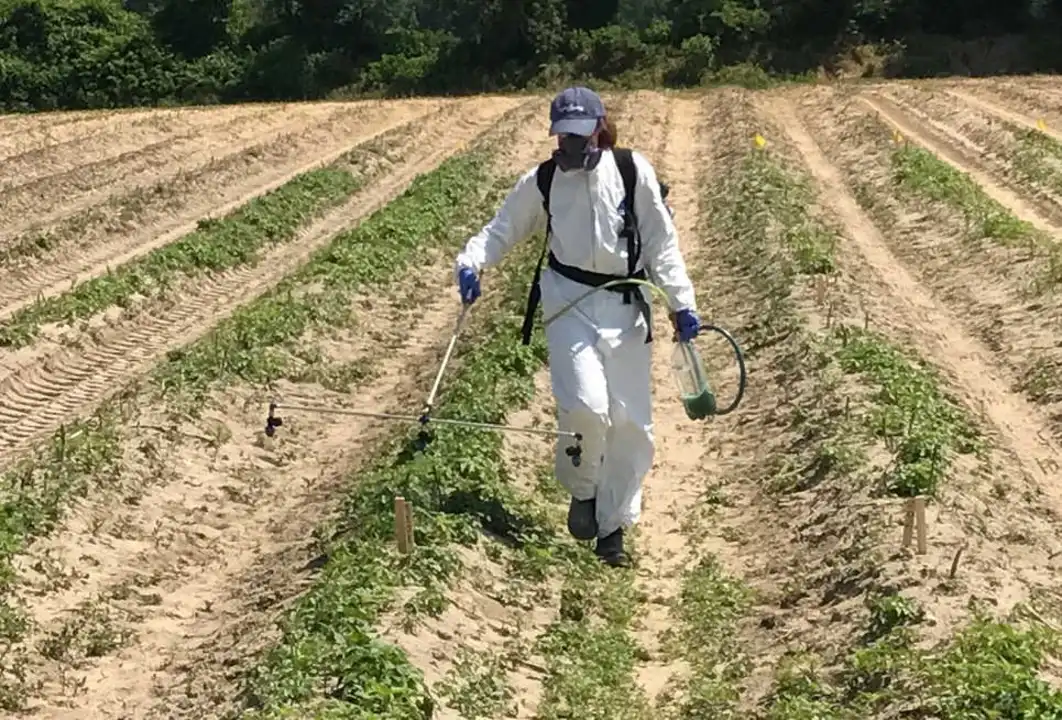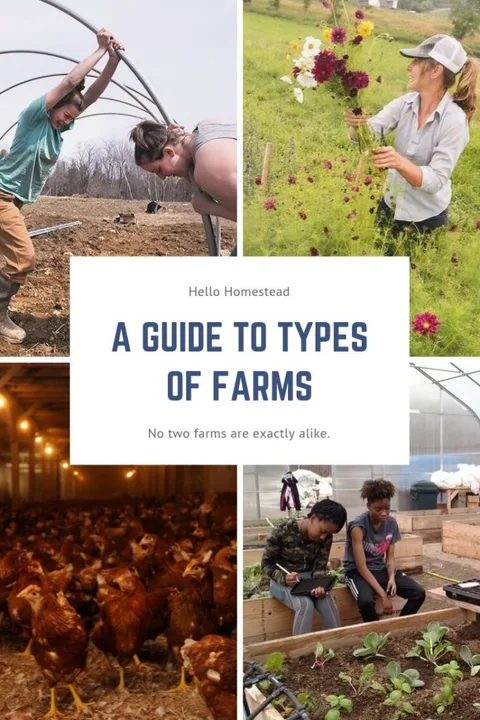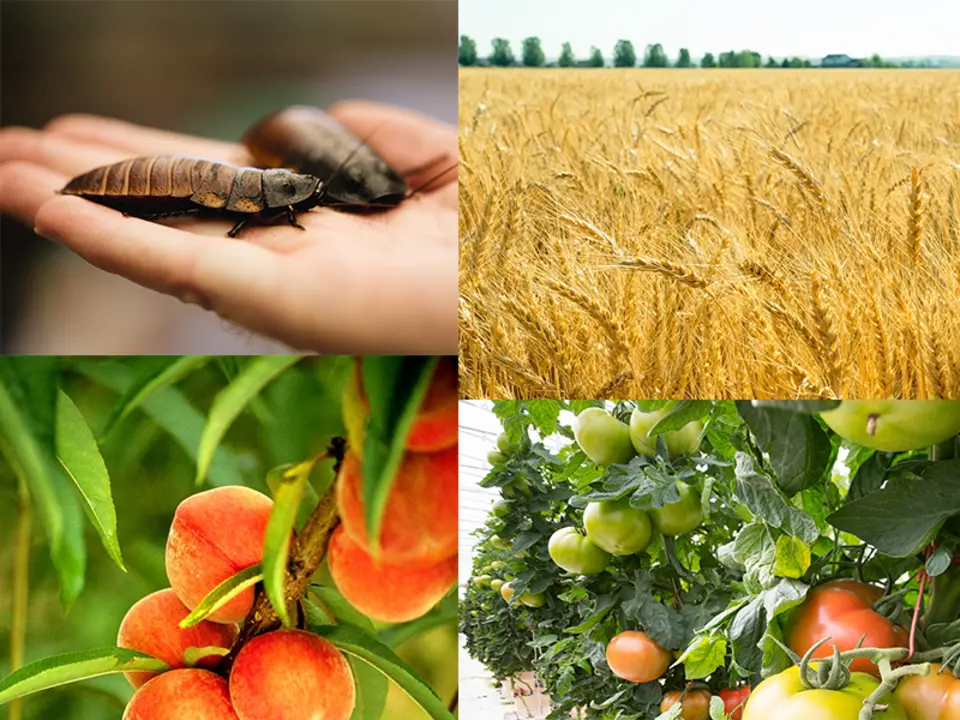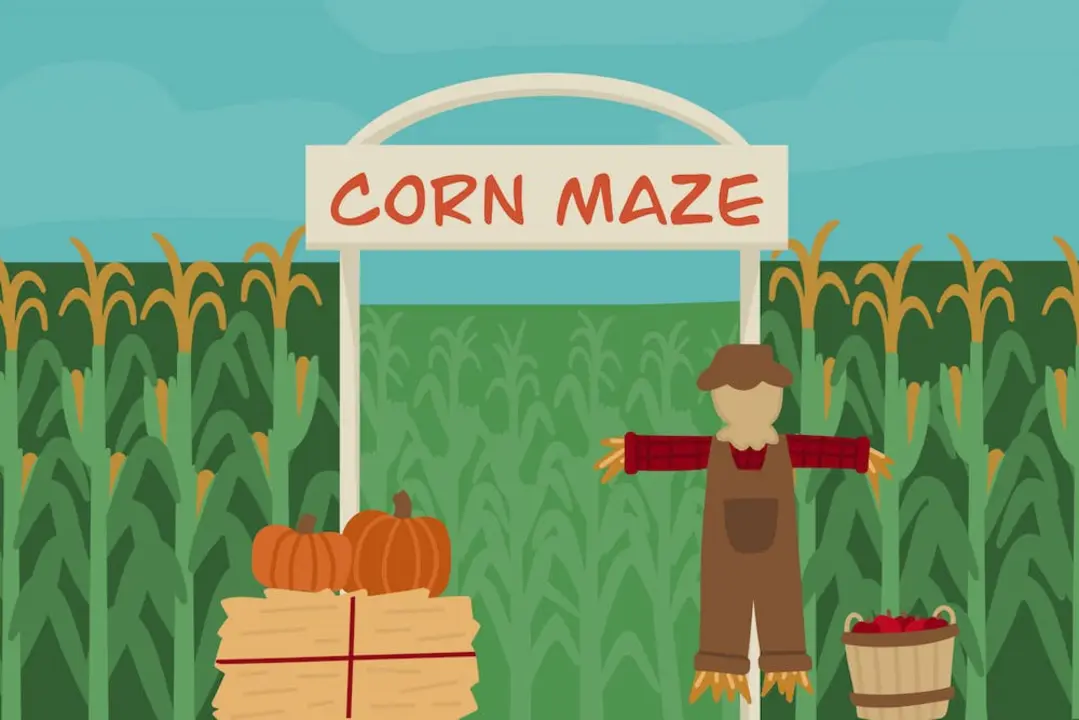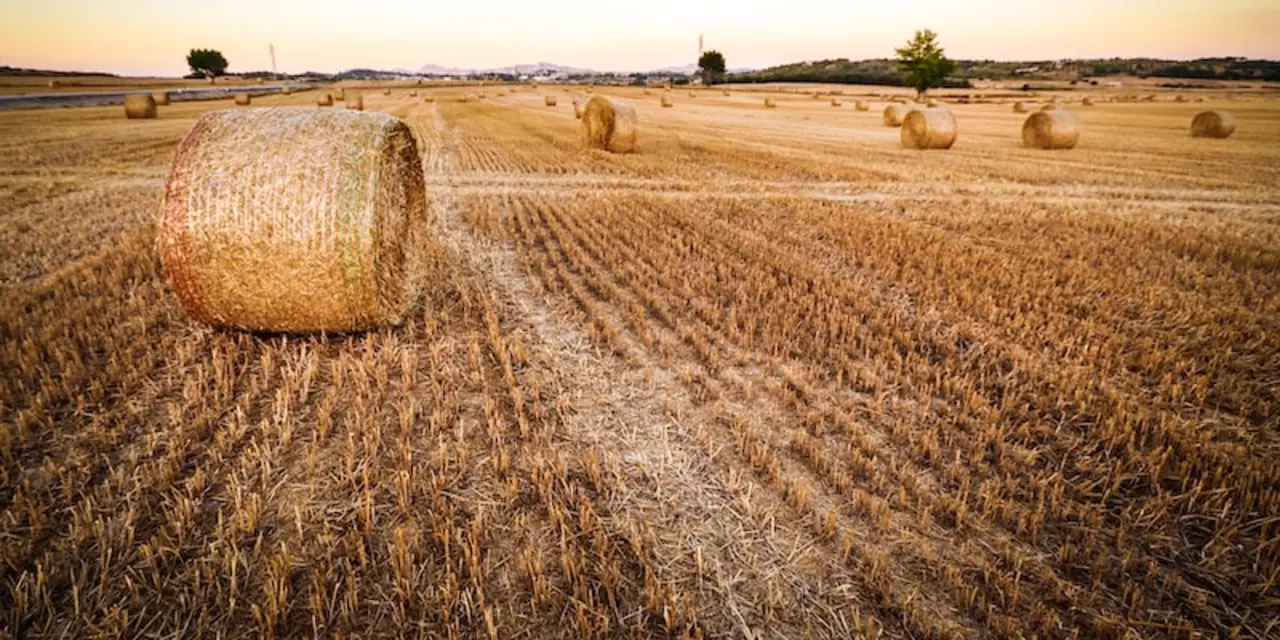What crops is the herbicide Paraquat used on?
Paraquat is a widely-used herbicide for controlling weeds in crops. It is commonly used on rice, maize, cotton, sorghum, soybeans, and wheat. Paraquat is a non-selective herbicide, meaning it kills all plants, not just weeds. It is applied to the soil and quickly absorbed by the roots, thus killing the entire plant quickly. Paraquat is a powerful and effective herbicide, but it must be used with caution due to its potential toxicity to humans and animals. When used correctly, it can be a very effective tool for controlling weeds and promoting healthy crop yields.
-
Apr, 18 2023
-
0 Comments
